Monsoon has arrived in many parts of India and is yet to touch some left parts. Monsoon, also called the season of allergies, is often escorted by infectious diseases. Cases of allergies shoot up drastically in the rainy season as molds and pollen release their spores into the air to fertilize plants. Apart from this, a decrease in temperature and an increase in humidity also impacts your health. To fight off these allergies, the body’s immune system releases antibodies which further release a chemical called histamine, responsible for runny nose, watery eyes, and congestion.
Symptoms of seasonal allergies
- Itchy and watery eyes
- Sneezing and runny nose
- Rashes
- Wheezing
- Nasal congestion
- Coughing
Beat seasonal allergies with these natural remedies
Drink boiled water – In monsoon, water may get contaminated with different viruses and bacteria. Boiling kills the bacteria and viruses if present. Moreover, boiled water soothes the throat during congestion, cold, and flu and is also good for GI health.
Foods to eat and to avoid – Taking certain precautions in food can help you avoid typhoid, diarrhea, and GI conditions at bay. Include fruits like apple, pomegranate, corn, gram flour, chickpeas, bitter vegetables, honey, basil, and ginger. Try to put garlic in most of your curries and soups. Prefer drinking herbal tea.
Try avoiding watermelon, muskmelon, cauliflower, lassi and beans. Avoid spicy and oily foods.
Surrounding hygiene – Make sure you wash your hands after coming from outside. Ensure to wash hands before and after having food. Wash fruits and vegetables thoroughly before eating. Always keep your food and fruits covered. Don’t let water stagnate in any part of your house or your surroundings. This may invite various viruses and bacterial diseases.
Shut down all your windows – Close all your windows while traveling with a car or by any other medium. As allergens travel through the air, it’s important to close the windows. Do close all your doors and windows in the evening so as to prevent bees and mosquitoes.
Consult a doctor, don’t self-medicate – For simple cold, flu and fever type things, we prefer not to go to the doctor but rather consult a pharmacist and take medicine. But some OTC medicines react adversely if you have existing medical issues. Thus, it is always better to consult the physician before taking any medicines.
(Disclaimer: The content on this site is for informational purposes only, and should not be taken as professional medical advice. Always seek the guidance of your doctor or other health professionals for any questions you may have regarding your health or a medical condition.)
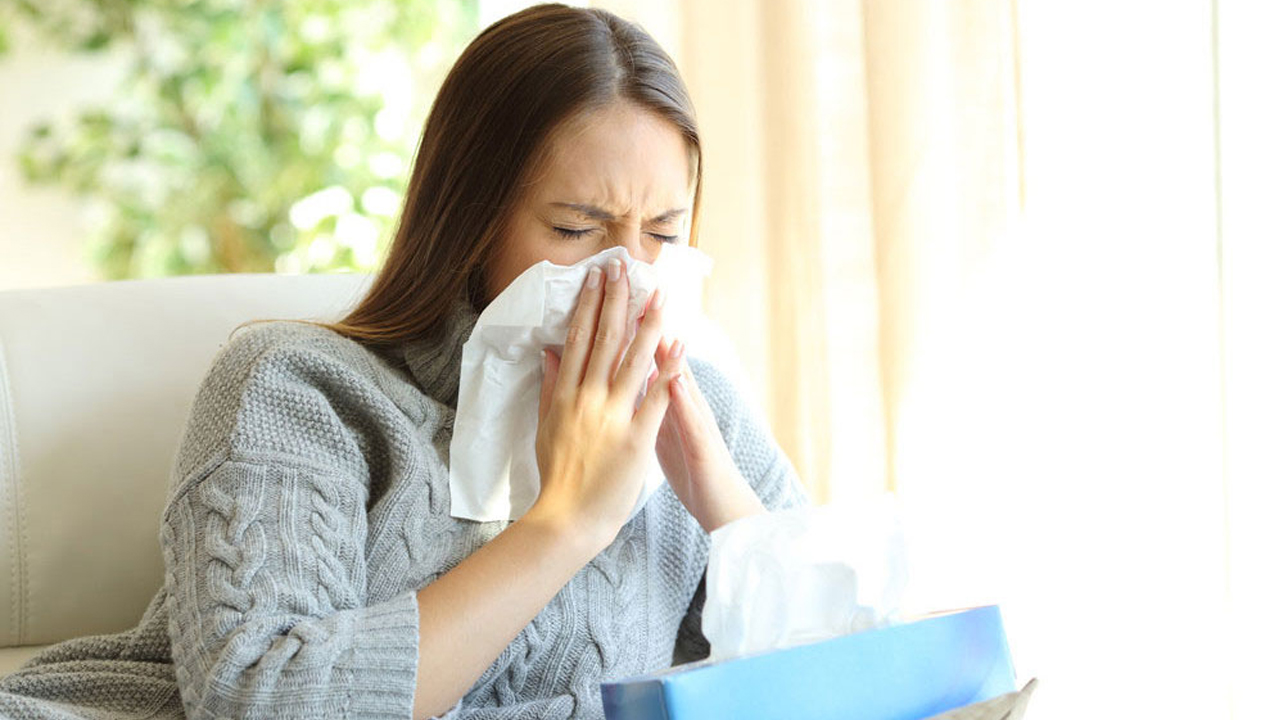
 Monsoon also called the season of allergies is often accompanied by infectious diseases. But with these natural remedies and tricks, you can easily say goodbye to these allergies, take a look.
Monsoon also called the season of allergies is often accompanied by infectious diseases. But with these natural remedies and tricks, you can easily say goodbye to these allergies, take a look.






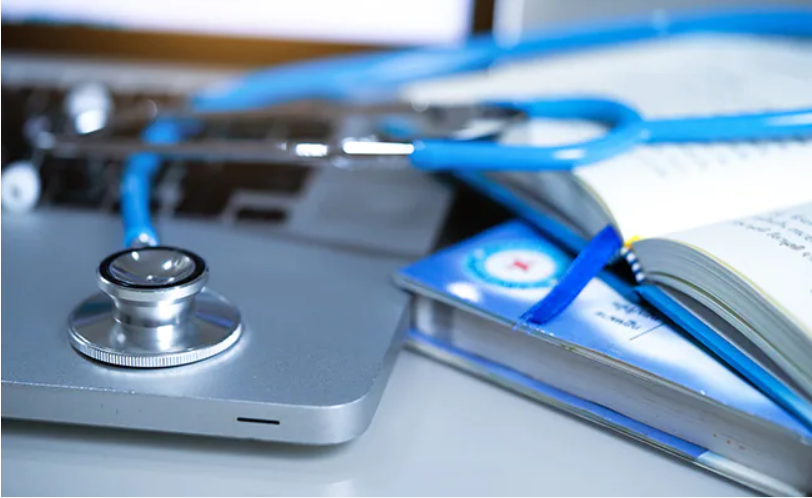

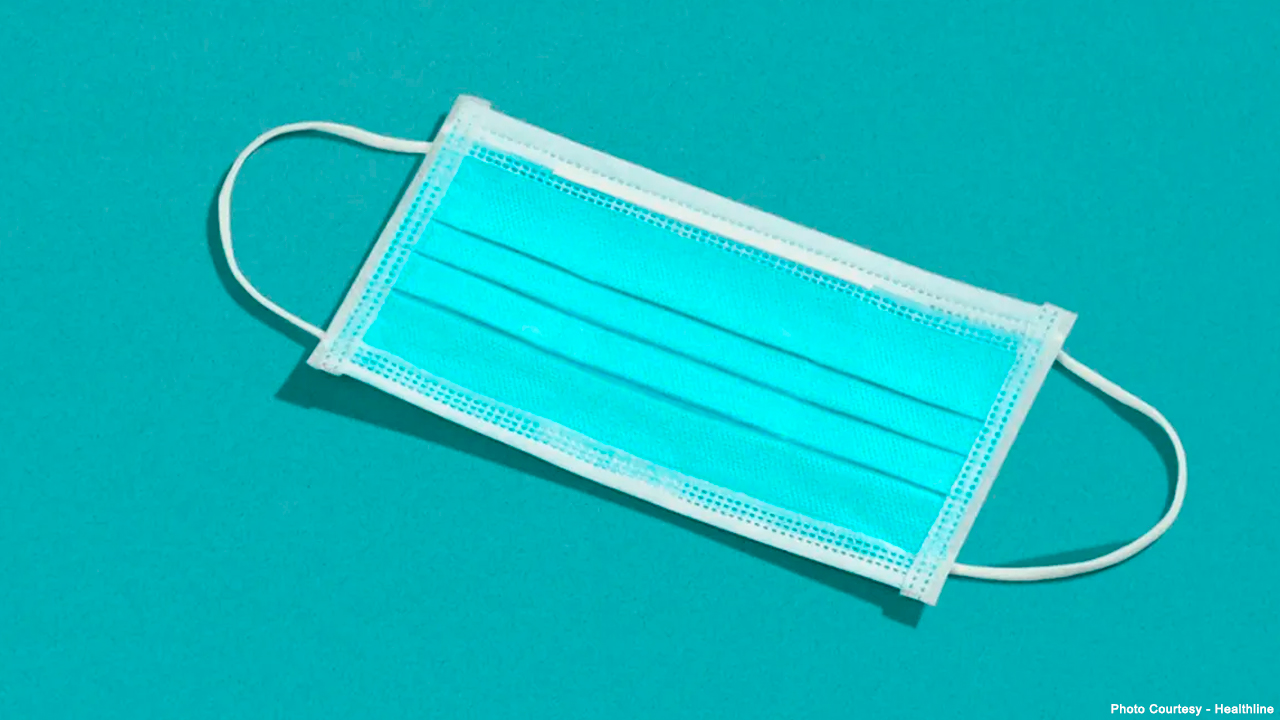
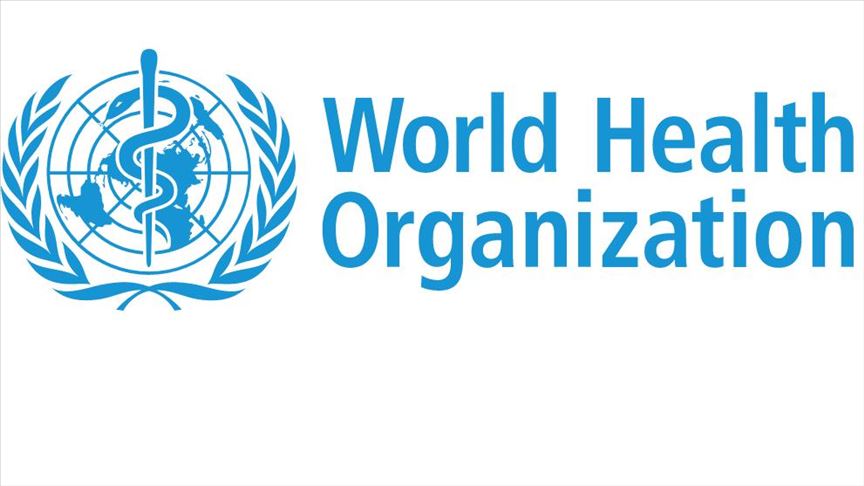

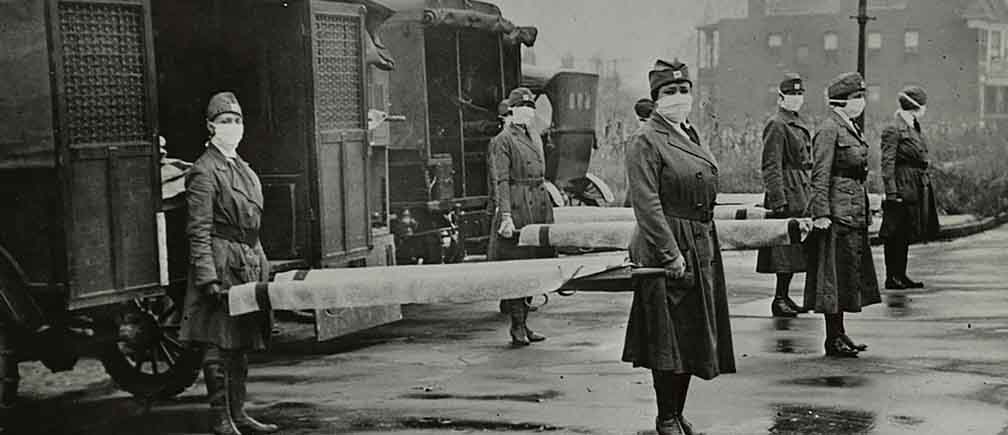
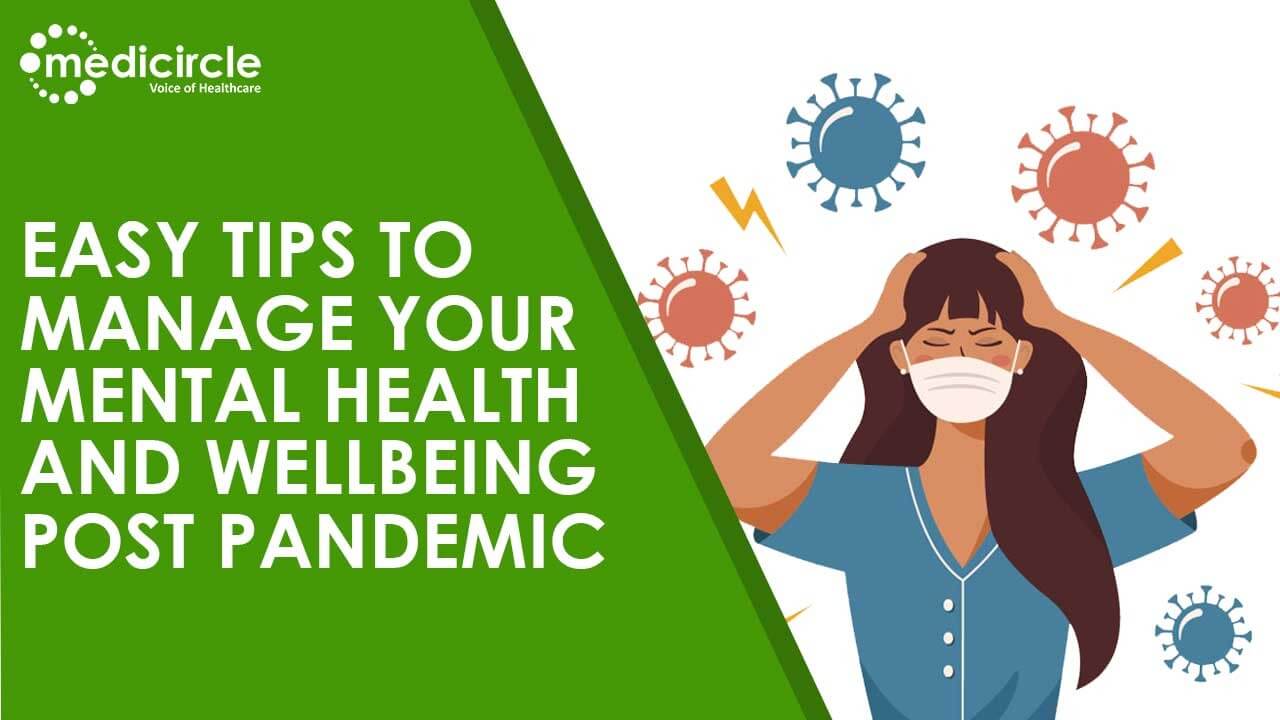

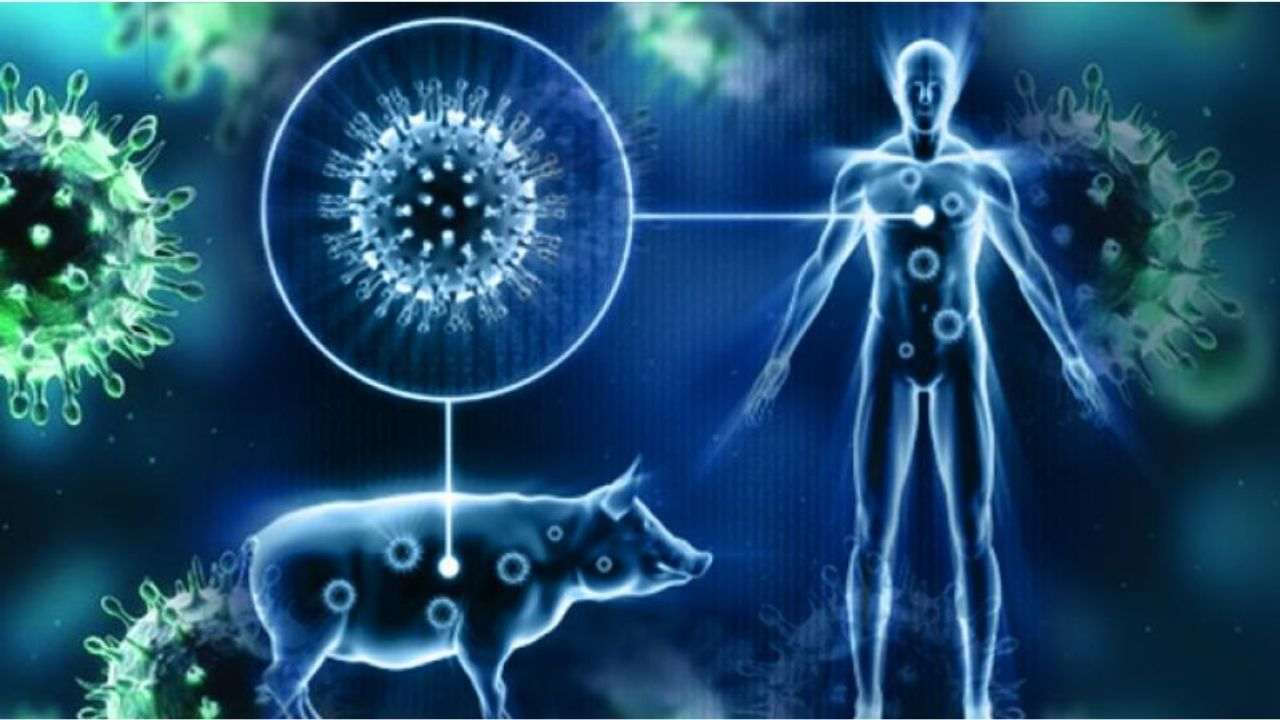





.jpeg)






.jpg)




.jpg)





.jpeg)
